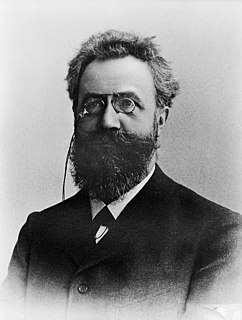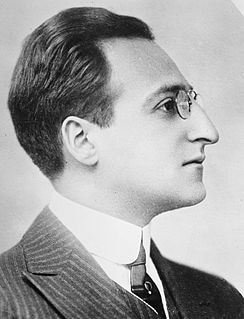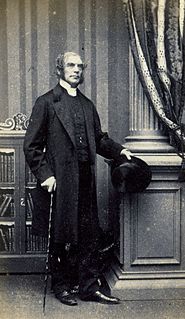A Quote by John Crowe Ransom
God have mercy on the sinner Who must write with no dinner, No gravy and no grub, No pewter and no pub, No bellyand no bowels, Only consonants and vowels.
Related Quotes
Vowels were something else. He didn't like them and they didn't like him. There were only five of them, but they seemed to be everywhere. Why, you could go through twenty words without bumping into some of the shyer consonants, but it seemed as if you couldn't tiptoe past a syllable without waking up a vowel. Consonants, you know pretty much where you stood, but you could never trust a vowel.
I write lyrics really fast. When it's time to write, I usually put them off until the very end and then when it's time to write I can just sit down: I sing the melody, whatever the melody is, because that's the first thing that's already been there for a long time; I start singing it and I start creating consonants and vowels; then they turn into words; then all of the sudden one sentence will happen; then that sentence will dictate how the rest of the sentences happen.
The cliché, God hates the sin but love the sinner, is false on the face of it and should be abandoned. Fourteen times in the first fifty Psalms alone, we are told that God hates the sinner, His wrath is on the liar, and so forth. In the Bible, the wrath of God rests both on the sin (Romans 1:18ff) and on the sinner (John 3:36).
Guilt simply says that you are a sinner. And the feeling of shame simply shows you that you need not be a sinner, that you are meant to be a saint. If you are a sinner it is only because of your unconsciousness; you are not a sinner because the society follows a certain morality and you are not following it.
I do not know what might be the most fitting description.... I am a sinner. This is the most accurate definition. It is not a figure of speech, a literary genre. I am a sinner. And this is what I said when they asked me if I would accept my election as pontiff: I am a sinner, but I trust in the infinite mercy and patience of our Lord Jesus Christ, and I accept in a spirit of penance.
Imagine a poem written with such enormous three-dimensional words that we had to invent a smaller word to reference each of the big ones; that we had to rewrite the whole thing in shorthand, smashing it into two dimensions, just to talk about it. Or don’t imagine it. Look outside. Human language is our attempt at navigating God’s language; it is us running between the lines of His epic, climbing on the vowels and building houses out of the consonants.







































